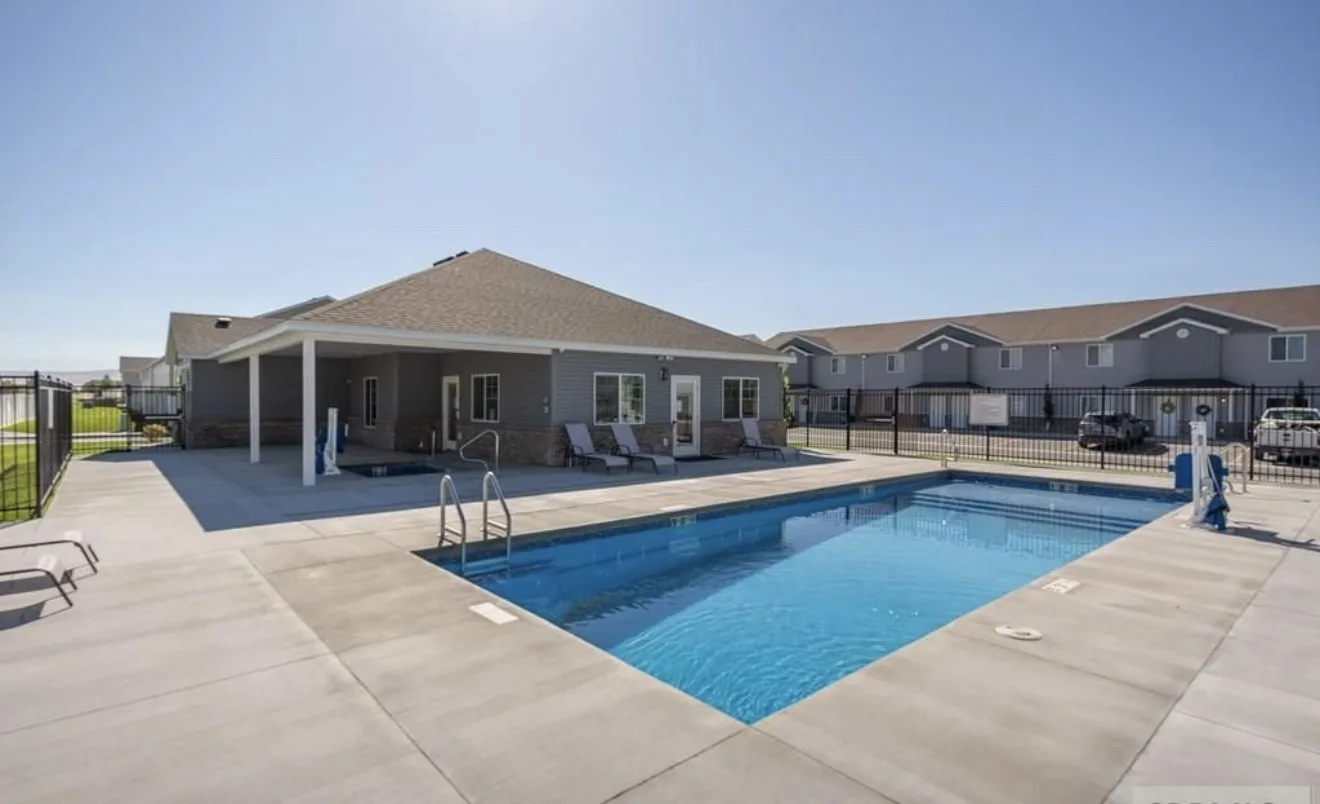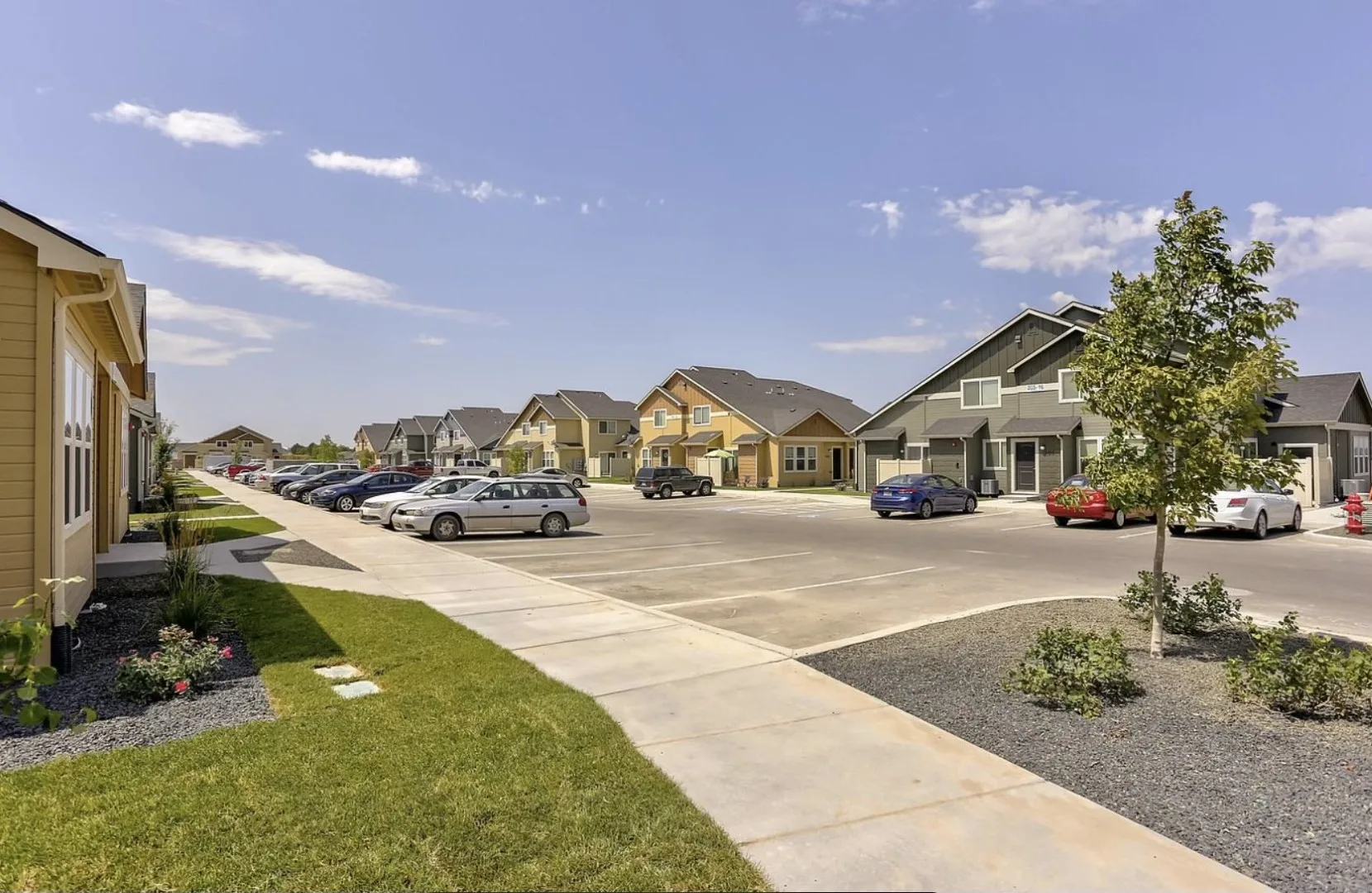
Townhome & Condo Insurance
No matter the type of home you own, having insurance is a worthwhile investment. Different types of properties may need specific policies to cover the home and your items. Since these properties are unique, they will need insurance that is created just for them. Since the structures are owned by individuals, but are connected, the coverage can become complex. Shared utilities, shared walls, and common areas that are affected by disasters may not be covered by typical homeowners insurance.

How Townhome Insurance Compares To Home Insurance
The main difference between home insurance and townhome insurance is that an HOA often controls townhomes. The agreement from the HOA may cover certain elements of the townhome like the exterior and your neighbor’s structure. Looking at your HOA policy will help you see where their coverage ends so you can choose the right policy. Doing this will ensure that you are not over-insured or under-insured.
What Makes Condo Insurance Different?
Condo insurance or HO-6 insurance is similar to renters insurance as it protects the items inside your condo. Condo insurance will cover whatever your HOA doesn’t cover such as windstorm damage or other exterior damage. Most policies cover personal belongings and liability from injuries to visitors.
Hear What Our Clients Have to Say
Coverage Options For Townhomes & Condos
Different coverage options are always available inside of overarching policies. Here are some common elements you may want to add to your insurance coverage when you own a townhome.
Dwelling Coverage
Dwelling coverage will cover the physical structure of a property. Townhome owners may need more narrow coverage if the HOA covers exterior structures, stairways, or built-in appliances. Condo owners with dwelling coverage often only protect the interior walls, flooring, and fixtures.
Personal Property Coverage
All types of home insurance will cover your personal belongings inside the structure. Furniture, electronics, clothing, and other valuables will be replaced when there is theft or fire. The policy limit must match the value of your possessions in order to provide a wide safety net.
Liability Protection
This coverage will protect visitors to your property if they are injured or their property is damaged while at your townhome or condo. This coverage also protects you if you cause damage to someone else’s property. Liability protection keeps your assets safe if you face a lawsuit.
Loss Of Use Coverage
When your living space becomes uninhabitable, your loss of use coverage will help pay for temporary living. Hotel stays, meals, and other costs you may have while your home is being repaired.
Loss Assessment Coverage
Condo and townhome owners may be required to share the cost of damages to common areas. Because townhomes and condos share walls or common areas, the HOA may require you to have loss assessment coverage before moving in. This will help cover your portion of these expenses and avoid you paying out of pocket.
Consider Location-Specific Risks
Some regions may have a higher risk of natural disasters like tornados, earthquakes, or floods. When you are researching insurance companies and policies, look into specific options that can cover your home and belongings during these disasters. The umbrella insurance coverage won’t cover the cost of damages from weather and region-specific instances, so it is important for townhome and condo owners to add on these policies.
One common misconception about home or townhome insurance is that flood insurance is included in a basic policy. Flood damage is not covered by standard insurance and will need to be purchased in addition to your standard policy. Adding flood insurance is not much more of an expense, but it can be vital for certain states and cities.
Insurance Can Change Overtime
Regularly checking on your insurance policy will help you stay prepared as your life situation changes. Purchasing new items, renovating your home, or changes to the HOA policies can affect what an insurance company will cover. Your insurance policy needs to reflect the monetary value of the items you own, so it is important to update the policy if your assets have grown.

